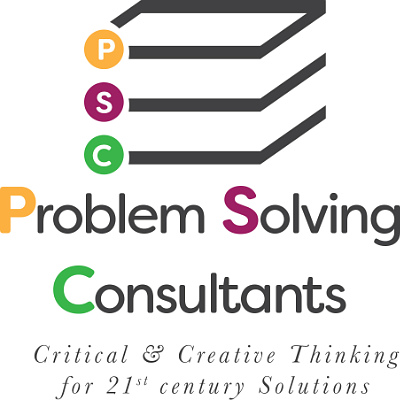There have been any number of news stories about people demanding a freedom of choice. Usually the story is about some individuals demanding the freedom to do whatever they want, when they want. I will be the first to say that choice is a good thing. However, what is often overlooked is that with freedom of choice comes consequences. Whatever choice we make, we pay the consequences, good or bad. But it seems that people only want the first part of the equation and apparently cannot and will not accept the bad consequences of their decisions. When they make a poor choice, they demand that someone else pay those consequences. Putting it bluntly, toddlers make bad choices and our parental concerns are that they are protected from the consequences so that they do not get hurt. Many parents take advantage of such opportunities to help our toddlers make better choices. Apparently we have been seeing a great number of toddlers masquerading as “adults” in news reports.
As leaders within our organizations, we suffer the consequences when we make poor choices or when our employees make poor choices. That is the reality and we need to make sure that we are modeling the appropriate behaviors. When we mess up, we cannot and should not be shifting the responsibility to subordinates. That is both poor leadership and unethical behavior. Instead, we need to take our medicine and learn from our mistakes. When our employees make poor choices, we need to insure that they understand that they own the consequences of that behavior. We also need to help them learn from their mistakes.
Bottom line? We own our choices, good or bad, and with our choice come consequences. Whether we like it or not, we own those, too.
